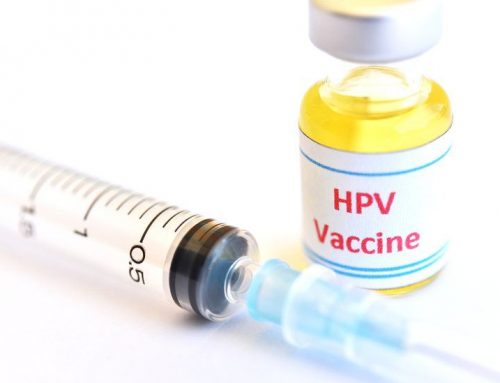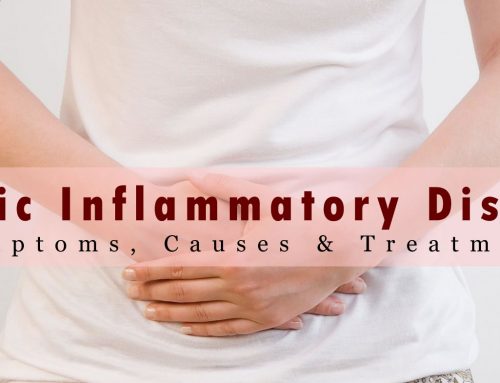Female fertility is such a sensitive subject. It seems in this day and age we spend our twenties trying to prevent a pregnancy and our thirties trying to fall pregnant! Some women are blessed with high fertility where their partner need only gaze in their direction and she conceives, however a good few suffer the heart-breaking fate of infertility.
A woman can have trouble getting pregnant for different reasons. These include:
- Problems with ovulation
- Ovulation is the time in a woman’s monthly cycle when the ovary releases usually one egg into the fallopian tube. Hormones control ovulation. Pregnancy can occur if sperm fertilizes the egg as it travels to the uterus after ovulation. This occurs in the middle of a woman’s menstrual cycle, so in a 28 day cycle this will occur on day 12 to 14. Women have the highest chance of getting pregnant if they have sex 1 to 2 days before ovulation or on the day of ovulation. In some women, ovulation does not happen on a regular basis or at all.
- Problems with the uterus or fallopian tubes
- Some women have scar tissue in their fallopian tubes from past infections or surgery. This scar tissue can cause the fallopian tubes to be blocked.
- Endometriosis
- Endometriosis is a condition where the tissue that lines the womb is found on outside of the womb in places a such as the tubes, bladder or bowels. It can cause pain in the lower part of the stomach. This can also lead to trouble getting pregnant.
- Older age
- Once women get into their mid- to late-30s, it can be harder to get pregnant, so it can take longer. Getting pregnant can be even more of a problem for women in their 40s.
The question is always, at what stage should one see a doctor while trying to fall pregnant?
It is best to see your doctor if you do not get pregnant after having unprotected sex for 1 year if you are younger than 35 and after six months of no success if older than that. But if you get worried before then, see your doctor sooner.
Your doctor will talk with you and do an exam. He or she will often do tests to try to figure out the cause of the problem. Plus, your partner might need to be tested, too. But don’t be surprised if your doctor cannot tell you what is wrong. It’s not always possible to find out why a woman cannot get pregnant. Up to 75 percent of couples have no apparent reason why they fail to conceive. However the good news is that of those couples, 75 percent will still conceive normally without any medical assistance.
If you are trying to conceive it is always helpful to re-examine your current lifestyle and state of health.
If you are overweight, losing weight might help you become pregnant. Losing weight can also help you have a healthier pregnancy when you become pregnant.
If you suffer from any chronic diseases such as hypertension or diabetes, these conditions should be well controlled before trying to fall pregnant.
A healthy and nutritious diet and moderate exercise is invaluable.
The international guidelines are advising women to take folic acid supplements at least a few months prior to falling pregnant with the aim of preventing neural tube defects in your baby.
Treatment of infertility
Women who have trouble getting pregnant might choose to have one or more of the following treatments. You and your doctor should discuss which treatment to try first. Treatments can include:
- Ovulation induction: A medicine called clomiphene (brand names: Clomid, Fertomid) – This medicine improves the chances that ovulation will occur. Many times, doctors prescribe this treatment first. Your doctor will tell you how and when to take this medicine. They will also tell you when to have sex so the treatment has the best chance of working. If this medicine does not work after a few months, ususally 3 to 6, your doctor might recommend trying other medicines to help with ovulation.
- Hormone shots – Hormone shots are often recommended if a woman does not get pregnant with clomiphene. Hormones improve the chances that ovulation will occur. Your doctor will tell you how and when to do this treatment.
- Intrauterine insemination(IUI)– For this treatment, a doctor uses a tube to place sperm directly inside a woman’s uterus. This is done right before ovulation. For some women, this treatment is combined with clomiphene or hormone shots to increase the chance of pregnancy.
- In vitro fertilization, also called “IVF” – IVF is a procedure that is usually done if other treatments have not worked. It involves the following:
- A woman gives herself hormone shots for a few weeks. These hormones get the ovary ready to ovulate.
- Just before ovulation, the doctor uses a thin needle to remove some eggs from the ovaries. He or she does this through the vagina and usually with some form of anaesthetic.
- The eggs are put into a test tube with sperm so that the sperm can fertilize one or more eggs.
- After 2 to 5 days, the fertilized egg or eggs are put in the woman’s uterus. Hopefully, one of the eggs will attach to the uterus and grow into a pregnancy
IVF is usually done in women:
-Whose fallopian tubes are missing or blocked
-With male partners who have too few sperm
-Who have not been able to get pregnant using other treatments
How will I know if a treatment is working? — Your doctor will do tests at different times during treatment to check if it is working. These tests can include blood tests and ultrasound. Ultrasound is an imaging test that creates pictures of the inside of the body and can assess the presence of follicles (containing eggs in the ovaries) and the condition of the lining of the womb.
Although successes in treatment are not uncommon, there is no guarantee that assistance of infertility will always help a woman get pregnant. The same treatment can work for one woman, but not another. Often women need treatment for a number of months before any success is observed.
If you find yourself at this crossroad, it is always best to talk with your doctor about the benefits and downsides of the different treatments.
To choose the treatment that is right for you, you might want to think about:
- How well your doctor thinks the treatment will work
- Cost of the treatment – Some treatments cost a lot of money. Medical aid does not pay for all types of treatments.
- How long the treatment will take – Treatments might need to be done more than once to work. Getting pregnant can take months to years.
- Side effects and downsides of the treatment
You should also talk with your doctor about other options for having children, such as adoption.
A woman can have a tough time making these decisions. You might find it helpful to talk to a counselor or go to a support group for people who are having trouble getting pregnant. There are also many support groups on-line for women and couples with similar challenges.
Yours in health
Dr Leneque Lindeque (MBChB, FCOG(SA), Mmed (O&G)
Obstetrician and Gynaecologist
Netcare Alberlito Hospital
Ballito
Tel: (032) 586 0723







